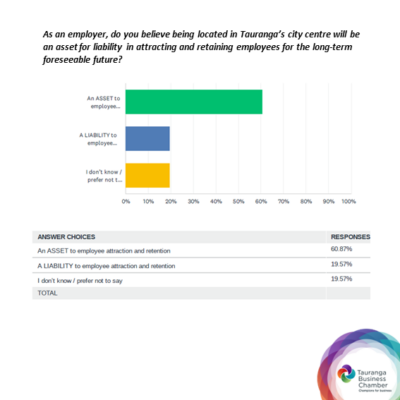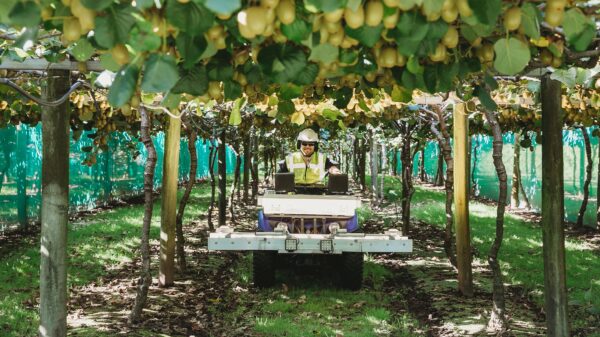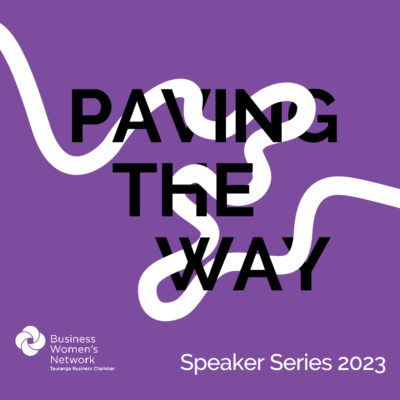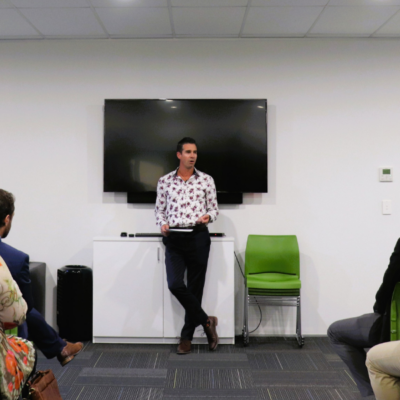In the US, worker absences due to Covid tripled in January and overseas predictions forecast anything between 10% and 60% of staff being absent at any given time.
How well the supply chain copes will also have impacts on Kiwi businesses.
The business sector is being told to prepare for a dramatic surge in Omicron cases – but beyond the masks and QR codes we’ve now become used to, what should that preparation look like?
Fiona Welten, Director of Business Advisory Services from Baker Tilly Staples Rodway, shares some of the key considerations for creating a successful business continuity plan:
Identify essential workers – Identify the people who are critical to your operations, then ensure they have backup. If only one or two people can perform vital tasks, look at training someone else to cover for them. If this isn’t possible, create detailed manuals and check how well others can follow the instructions, to ensure everything is captured.
Talk to your suppliers – Check what measures your suppliers are taking, in case you need to allow extra time for orders and so you know who to contact if your main contact is away. You’ll also need to know whether you’re on the priority list if your supplier is forced to reduce deliveries, so you can arrange alternative products or sources if required and give your own customers accurate information.
Examine your workflows – Consider how (or whether) you can safely operate with fewer staff if need be, including opening shorter hours or offering a reduced service. If possible, spread the risk by working in split teams or splitting the workforce into different “bubbles”. It’s also a good idea to get in touch with workforce agencies early as a backup if that would work.
Go through your finances – Try to keep cash in reserve for tougher periods, and know your support entitlements. The Covid-19 Short-Term Absence Payment is available for businesses and the self-employed to cover staff waiting for test results at home, and the Covid-19 Leave Support Scheme is also available to cover employees who are ill or self-isolating.

Have a communications plan – Planning how you will inform staff and stakeholders about various scenarios (while protecting privacy) will reduce their stress, boost compliance and build goodwill. Be honest about what’s happening and why you’re taking certain measures, and give people the opportunity to feed back about concerns or any issues you’ve missed so you can take steps to support them.
The next few months may be some of the most challenging yet, but the upside is there’s a lot businesses can do to manage the risks. Talk to a business advisor or accountant about your options and what other businesses are doing that might work for you.
To learn more, contact Fiona Welten, Director, Baker Tilly Staples Rodway Tauranga fiona.welten@bakertillysr.nz
Want more top tips, advice and insights? Check out our news section.
















































